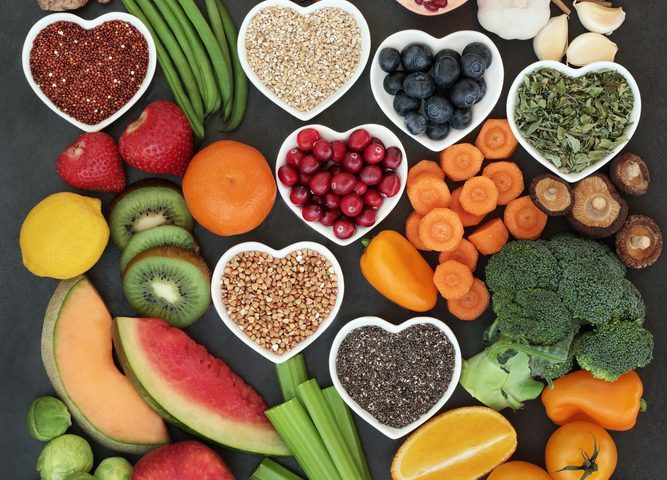Because babies born in the U.S. and many other countries are screened for phenylketonuria (PKU) at birth, you likely learned early on that your child requires a strict diet to prevent cognitive disability and other complications.
In fact, the main treatment for PKU is a nutrition plan restricting certain foods. That is why, as your infant moves through different phases of growth and development, a metabolic dietician is central to their treatment team.
What is PKU?
Affecting 1 in every 10,000 to 20,000 individuals, PKU is an inherited metabolic disorder. It is characterized by increased levels of phenylalanine, a building block of proteins that is obtained through a person’s diet. Phenylalanine, an amino acid, is present in all proteins and in some non-protein foods, such as artificial sweeteners and soda pop.
Because patients lack an enzyme to properly process phenylalanine, a life-long low-protein diet is necessary.
What is off limits?
Optimally, a low-protein diet is free of foods such as dairy, meat, fish, chicken, eggs, beans, nuts, pasta, chocolate, soybeans, and bread, as well as any products made from these foods. Consuming protein-rich foods causes a buildup of phenylalanine, which results in damage to nerve cells in the brain.
How to develop a plan?
Although you can use some breast milk, infants who have PKU rely on a special metabolic formula that is phenylalanine-free.
As your infant grows and is ready for solid foods, a metabolic dietician with expertise in PKU will create a personalized menu. You will need to supplement this with prescribed special medical food, such as a dietary powder. The dietician can also help you develop tasty meals that provide adequate calories, vitamins, and minerals.
In conjunction with blood monitoring, the dietitian will regularly review your child’s diet records (or food journals) and growth charts, making dietary adjustments as necessary.
Because so many foods are off limit, meal plans often include special formulas. These are the chief source of calories and essential nutrients. Special phenylalanine-free foods are also available for children and teens with PKU.
The social aspect
Try to be creative with foods, and seek out PKU cookbooks and recipes. Plan ahead for dining out, potlucks, vacations, and other events. Also, try to center special occasions around activities rather than food. Encourage your child early on to help manage his or her own diet. Get to know your grocer, and have them order low-protein products.
Finally, read food labels carefully to see if they contain phenylalanine.
As your child grows and is increasingly influenced by peers, getting him or her to follow the diet may become more difficult. While offering some control by letting them choose from a variety of acceptable foods, continue to explain to your child, as well as to family members, how a poorer diet adherence can have both immediate and long-term consequences.
Last updated: April 9, 2020
***
Phenylketonuria News is strictly a news and information website about the disease. It does not provide medical advice, diagnosis, or treatment. This content is not intended to be a substitute for professional medical advice, diagnosis, or treatment. Always seek the advice of your physician or other qualified health provider with any questions you may have regarding a medical condition. Never disregard professional medical advice or delay in seeking it because of something you have read on this website

